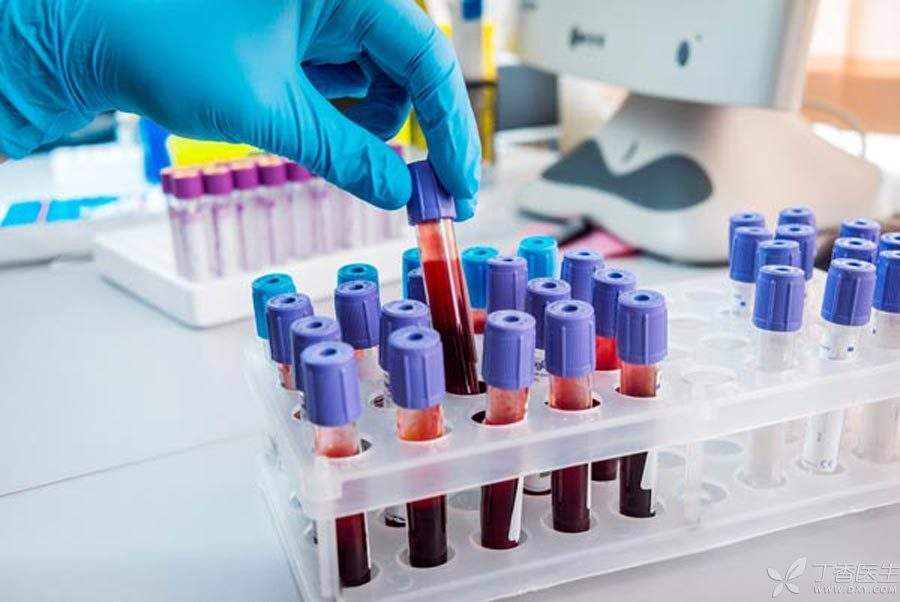
A few days ago, in a training class for teachers in a university, when a professor said that he was going to have his teeth extracted, [the doctor checked the blood for extra money] caused the audience to sigh.
Some friends may think that it is just tooth extraction. Why do you need a blood test?
Tooth extraction seems to be a very small operation, but this small operation still has certain risks. It is in order to prevent all kinds of unexpected risks and prepare for prevention that doctors will require tooth extraction patients to do some examinations before formal tooth extraction in addition to detailed medical history inquiries: including X-rays, blood tests, etc.
Blood tests are to protect patients.
During tooth extraction, there will certainly be some bleeding, so the health of blood is especially important. In some cases, patients are not suitable for tooth extraction. Therefore, a blood test before tooth extraction is one of the simplest, most direct and most important methods to protect patients.
If the following conditions are found in the blood routine, it is necessary to consider postponing tooth extraction:
1. Anaemia
According to the etiology, the types of anemia are also divided into many types. Under normal circumstances, if hemoglobin is found below 80 g/L after blood test, tooth extraction should be postponed.
Blood is the source of life. Blood carries oxygen to the cells of the whole body. If anemia patients continue to bleed, hypoxia will be aggravated. If the patient’s condition has been relieved after treatment, tooth extraction can also be carried out under close monitoring.
2. Bad coagulation
In addition to all kinds of anemia, coagulation function is also a common examination. Patients with coagulation dysfunction are difficult to stop bleeding once bleeding.
Hemophilia is a typical coagulation dysfunction, this kind of patients before tooth extraction, need to supplement coagulation factors. In addition, some infectious diseases, will also have the performance of coagulation dysfunction, also want to check blood before evaluating whether can be extracted teeth. Patients in acute infection period of hepatitis, should first control hepatitis, after a period of time to pull out again.
3. Hematological tumors such as leukemia
Leukemia is a kind of hematopoietic system cancer, especially acute leukemia, is not able to extract teeth, may occur bleeding, infection and many other problems. Of course, there are many chronic leukemia patients, after treatment in a stable period, and have to extract teeth, can be extracted under monitoring.
Therefore, although tooth extraction is a small operation, doctors also need to consider the patient’s general health except for bad teeth. Blood examination is an examination method that can see a lot of key information. With this information, doctors can make the treatment plan that is most in line with the interests of patients, instead of simply pulling it out.

Blood tests are to protect doctors and other patients.
Pre-examination of patients’ blood can not only eliminate anemia, coagulation dysfunction and other conditions that are not suitable for immediate tooth extraction, but also identify some blood-borne infectious diseases, especially AIDS, hepatitis, syphilis and so on.
For many patients suffering from these diseases, it is often difficult to say anything. Simply asking about the medical history verbally, it is often impossible to understand the real situation. In case a sharp needle is mistakenly inserted into the doctor himself, there is a risk of infection.
In addition, obtaining this information in advance is also a kind of protection for other patients. Because most oral treatment clinics in our country are open. Although the risk of cross infection between patients is very small, it still exists.
In particular, tooth extraction, which is a bleeding operation, is easy to splash blood and saliva. If there are other patients or their families around, it is also a threat to them.
Due to the above two considerations, I believe patients can understand it if they think from another perspective.
Doctors are not so much reluctant to extract teeth from patients suffering from these infectious diseases as they are reluctant to extract teeth for them without their knowledge. In addition, even if doctors know that patients carry certain viruses, doctors will only be more focused and careful in tooth extraction when they are honest with each other.
Therefore, in order to protect the patients themselves, medical care and other patients, I hope the dentist will cooperate and understand each other when you need to check your blood before extracting your teeth.
